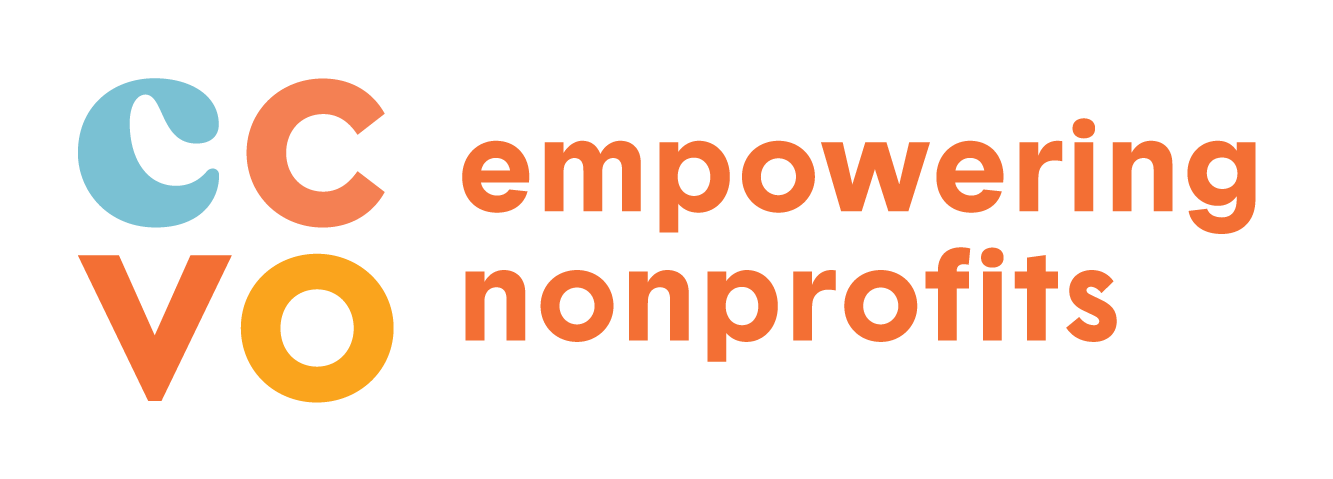Key Performance Indicators (KPIs) are a way to measure progress towards business or agency goals. Whether it be for profit, employee retention, or general costs, KPIs as a tool have been used for decades by many businesses. The issue for many Not-for-Profits (NPO) is that the majority of these indicators seem to be based on the idea that one is generating profits for the business. This is not always the case, and KPIs serve a valuable purpose in the NPO world as well.
Read MoreKey Performance Indicators (KPIs) are a way to measure progress towards business or agency goals. Whether it be for profit, employee retention, or general costs, KPIs as a tool have been used for decades by many businesses. The issue for many Not-for-Profits (NPO) is that the majority of these indicators seem to be based on the idea that one is generating profits for the business. This is not always the case, and KPIs serve a valuable purpose in the NPO world as well.
Read MoreKey Performance Indicators (KPIs) are a way to measure progress towards business or agency goals. Whether it be for profit, employee retention, or general costs, KPIs as a tool have been used for decades by many businesses. The issue for many Not-for-Profits (NPO) is that the majority of these indicators seem to be based on the idea that one is generating profits for the business. This is not always the case, and KPIs serve a valuable purpose in the NPO world as well.
Read MoreKey Performance Indicators (KPIs) are a way to measure progress towards business or agency goals. Whether it be for profit, employee retention, or general costs, KPIs as a tool have been used for decades by many businesses. The issue for many Not-for-Profits (NPO) is that the majority of these indicators seem to be based on the idea that one is generating profits for the business. This is not always the case, and KPIs serve a valuable purpose in the NPO world as well.
Read More



